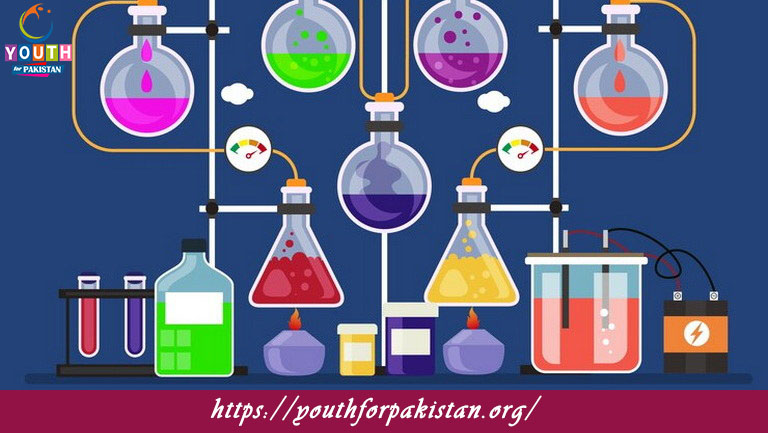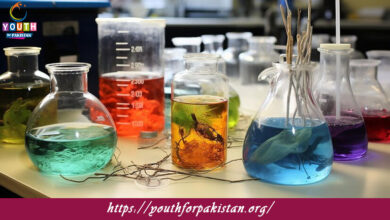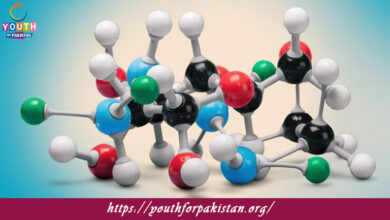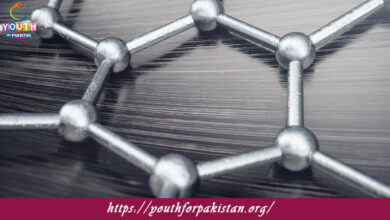Chemical Equilibrium Quiz with Answers

Welcome to the Chemical Equilibrium MCQs with Answers, it helps learners quickly identify areas for improvement in Chemical Equilibrium Online Test.
| Chemical equilibrium is a crucial concept in chemistry, describing the state in which the forward and reverse reactions in a reversible reaction proceed at equal rates. This dynamic balance occurs when the concentrations of reactants and products remain constant over time, though the reactions continue to occur.
In a chemical equilibrium quiz, MCQs on chemical equilibrium typically cover essential aspects of this phenomenon. Equilibrium constant multiple choice questions focus on understanding and calculating the equilibrium constant KeqK_\text{eq}, which quantifies the extent of a chemical reaction at equilibrium. Le Chatelier’s principle MCQs explore how systems at equilibrium respond to changes in temperature, pressure, or concentration. This principle predicts shifts in equilibrium to counteract disturbances, influencing reaction outcomes. Reaction equilibrium exam questions delve into factors affecting equilibrium, including the effect of catalysts, changes in temperature, and alterations in reactant or product concentrations. Dynamic equilibrium MCQs highlight the dynamic nature of equilibrium, emphasizing that while concentrations remain constant, molecular movement and reaction rates continue. |
Chemical Equilibrium Online Quiz
By presenting 3 options to choose from, Chemical Equilibrium Quiz which cover a wide range of topics and levels of difficulty, making them adaptable to various learning objectives and preferences. You will have to read all the given answers of Chemical Equilibrium Questions and Answers and click over the correct answer.
- Test Name: Chemical Equilibrium MCQ Quiz Practice
- Type: Quiz Test
- Total Questions: 40
- Total Marks: 40
- Time: 40 minutes
Note: Answer of the questions will change randomly each time you start the test. Practice each quiz test at least 3 times if you want to secure High Marks. Once you are finished, click the View Results button. If any answer looks wrong to you in Quiz, simply click on question and comment below that question, so that we can update the answer in the quiz section.
Download Certificate of Chemical Equilibrium Test
On the end of Quiz, you can download the certificate of the quiz if you got more than 70% marks.
Chemical Equilibrium Flashcards

The equilibrium constant expression for the reaction: 𝑎𝐴+𝑏𝐵⇌𝑐𝐶+𝑑𝐷aA+bB⇌cC+dD is: 𝐾𝑐=[𝐶]𝑐[𝐷]𝑑[𝐴]𝑎[𝐵]𝑏Kc=[A]a[B]b[C]c[D]d. What does [A] represent?

The equilibrium constant (𝐾𝑐Kc) for the reverse reaction is the _______ of the equilibrium constant for the forward reaction.

If a reaction is at equilibrium and then the concentration of a reactant is increased, the equilibrium will shift _______ to counteract the change.

In the equation: 𝑁2(𝑔)+3𝐻2(𝑔)⇌2𝑁𝐻3(𝑔)N2(g)+3H2(g)⇌2NH3(g), if the concentration of 𝑁2N2 is increased, the equilibrium will shift _______.

In a reaction at equilibrium, the rate of the forward reaction is _______ the rate of the reverse reaction.

The equilibrium constant (𝐾𝑐Kc) for the reaction: 𝐴+𝐵⇌𝐶+𝐷A+B⇌C+D is 25. What does this indicate about the reaction at equilibrium?

Which of the following factors affects only the rate of reaction and not the position of equilibrium?

If the concentration of a reactant is decreased at equilibrium, the equilibrium will shift _______ to counteract the change.

For the reaction: 2𝑁𝑂2(𝑔)⇌𝑁2𝑂4(𝑔)2NO2(g)⇌N2O4(g), if the concentration of 𝑁2𝑂4N2O4 is increased, the equilibrium will shift _______.

What effect does adding an inert gas to a reaction mixture at constant volume have on the equilibrium?

For the reaction: 2𝑆𝑂2(𝑔)+𝑂2(𝑔)⇌2𝑆𝑂3(𝑔)2SO2(g)+O2(g)⇌2SO3(g), if the concentration of 𝑆𝑂3SO3 is decreased, the equilibrium will shift _______.

If the concentration of a product is increased at equilibrium, the equilibrium will shift _______ to counteract the change.

In the equation: 2𝐻2(𝑔)+𝑂2(𝑔)⇌2𝐻2𝑂(𝑔)2H2(g)+O2(g)⇌2H2O(g), if the pressure of 𝐻2H2 is increased, the equilibrium will shift _______.
If you are interested to enhance your knowledge regarding Physics, Computer, and Biology please click on the link of each category, you will be redirected to dedicated website for each category.




